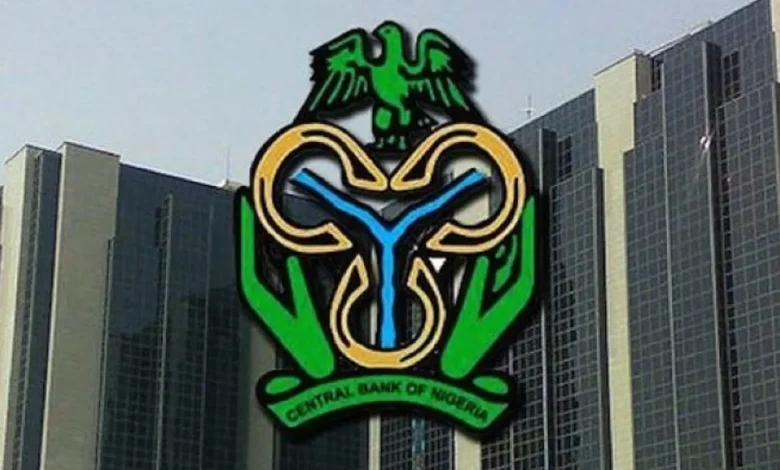
Nigeria’s economy grew by 3.46% in the third quarter of 2024, with total output reaching ₦20.115 trillion, surpassing the ₦18.285 trillion recorded in the second quarter, according to the Central Bank of Nigeria’s latest Economic Report.
The growth is primarily attributed to the continued strong performance of the non-oil sector, signaling a positive outlook despite global challenges.
The report noted that inflation moderated during the quarter, driven by a drop in food prices within the Consumer Price Index basket. This decline was attributed to the Central Bank’s restrictive monetary policy stance, which continued to play a key role in stabilizing inflationary pressures.
In terms of domestic production, crude oil output saw an increase, rising from 1.27 million barrels per day (mbpd) in Q2 2024 to 1.33 mbpd in Q3, thanks to enhanced security measures around oil pipelines in the Niger Delta. However, a decline in international crude oil prices, from US$86.92 per barrel to US$82.07, tempered the oil sector’s growth rate, which slowed to 5.17% in Q3 2024 compared to 10.15% in the previous quarter.
Despite these challenges, the oil sector’s contribution to overall economic growth remained positive, with the sector adding 0.28 percentage points to the overall GDP growth. The non-oil sector, which saw accelerated growth of 3.37% in Q3, continued to play a significant role in driving the nation’s economic performance. This growth was largely attributed to gains in the financial and insurance services, information and communication, and real estate sub-sectors.
Among the standout performers, the services sector expanded by an impressive 5.19%, making it the fastest-growing sector and the dominant contributor to the economy, accounting for over half (53.58%) of Nigeria’s total GDP. Notably, the financial and insurance sub-sector grew by 30.83%, spurred by the Central Bank’s recapitalization efforts and increased profits from rising interest rates, consultancy fees, and digital banking services. This robust growth was also reflected in the information and communications technology (ICT) sub-sector, which grew by 5.92%, driven by the continued demand for digital services like e-commerce, mobile banking, and internet services.
Other sectors also showed resilience. Transportation and storage, for example, grew by 12.15%, as the industry recovered from previous contractions. This growth was driven by improvements in road transport, fuelled by enhanced security conditions and increased investments in road infrastructure.
On the agriculture front, the sector grew modestly by 1.14%, with crop production seeing a slight increase of 1.18%. However, the fishing sub-sector faced a downturn, contracting by 1.91%.
The industrial sector continued its positive trajectory, expanding by 2.18%, though at a slower pace compared to the previous quarter. This growth was largely attributed to the oil sector, with increased production contributing to the overall industrial output. The mining and quarrying sub-sectors, however, faced significant challenges, contracting by 61.36%.
Looking ahead, the Central Bank of Nigeria’s continued focus on improving the business environment and supporting key sectors, such as oil and services, is expected to maintain the country’s economic growth.





